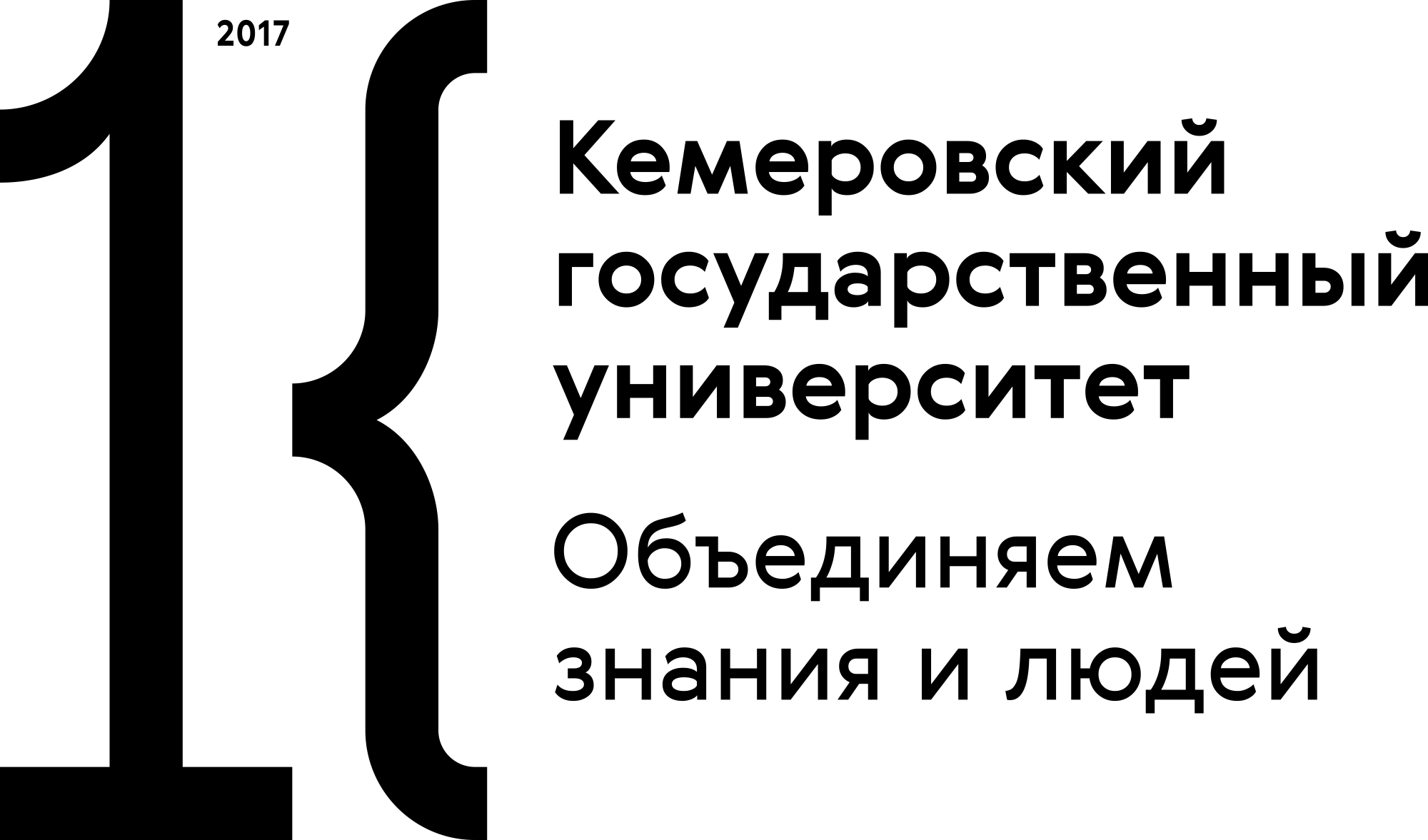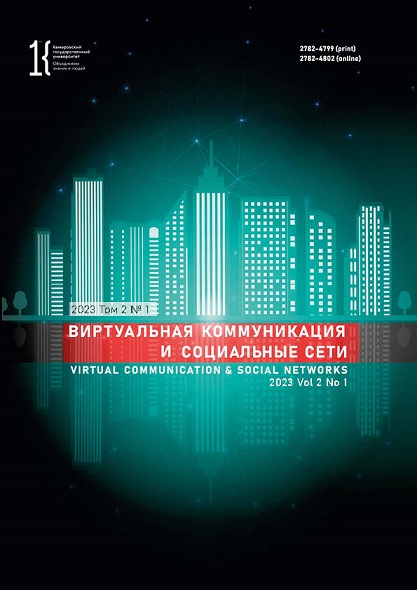Kemerovo, Russian Federation
Kemerovo, Russian Federation
Narrative and storytelling involve social net users in various socio-psychological groups. Modern narrative psychology focuses on life purpose formation. Narrative as an interpretive process concerns almost all spheres of everyday life and correlates with subjective and intersubjective experiences. Narrative studies are a source of knowledge on how a person endows the world, life, and goal-setting with meaning. Observing the interpretation of one’s experience can reveal how subjectivity works. Narrative makes it possible to construct the world, as well as to comprehend it in terms of past, present, and future. Psychology of meaning formation brings us closer to personality and inner subjectivity. Storytelling is popular both on the Internet and in various branches of scientific knowledge, marketing, linguistics, psychology, pedagogy, and journalism. Storytelling is used in existential psychology, logotherapy, and art therapy. Personal experience verbalized as a story reveals one’s personality, values, and beliefs. Storytelling makes one feel complete, helps to find a purpose in life, and facilitates psycho-corrective activities. Storytelling in online socio-psychological groups possesses all the features of a narrative. For instance, the Vkontakte social network allows its users to employ all the features of narration, thus involving the audience in communication and influencing their psyche. Based on content analysis and hermeneutic approach, the authors identified such involvement technologies as suggestion, persuasion, and emotional infection. Storytelling is not only a means of promoting psychological services in socio-psychological groups, but also a means of psycho-correction and psychological impact. It develops relevant meanings in the addressee, personal development, self-help, and stress relief.
narrative, storytelling, influence, suggestion, persuasion, emotional contagion
1. Ilyin I. P. Narrative. Western literary criticism in the XX century, ed. Tsurganova E. A. Moscow: Intrada, 2004, 275-277. (In Russ.)
2. Ilyin I. P. Narrative typology. Western literary criticism in the XX century, ed. Tsurganova E. A. Moscow: Intrada, 2004, 277-280. (In Russ.)
3. Smirnova E. V. Approaches to the concept of storytelling practice in different areas of scientific knowledge. Lexicographic piggy bank, ed. Goncharova E. V. St. Petersburg: SPbSUE, 2021, 33-39. (In Russ.)
4. Soldatova V. I., Yanitskiy M. S., Seryy A. V., Fomin A. G. Text as a means of remote psychological counseling: language and semantics of feature blogs. Vestnik Kemerovskogo gosudarstvennogo universiteta, 2021, 23(3): 729-739. (In Russ.) https://doi.org/10.21603/2078-8975-2021-23-3-729-739
5. McAdams D. P. The psychology of life stories. Review of General Psychology, 2001, 5(2): 100-122. https://doi.org/10.1037/1089-2680.5.2.100
6. Schiff B. A new narrative for psychology. N. Y.: Oxford University Press, 2017, 280.

















